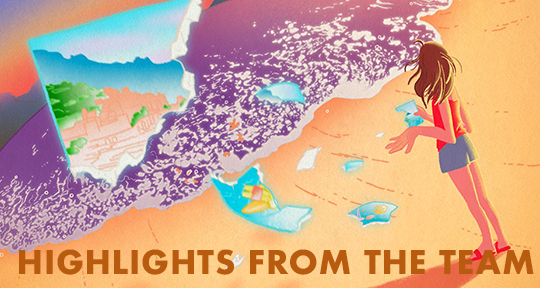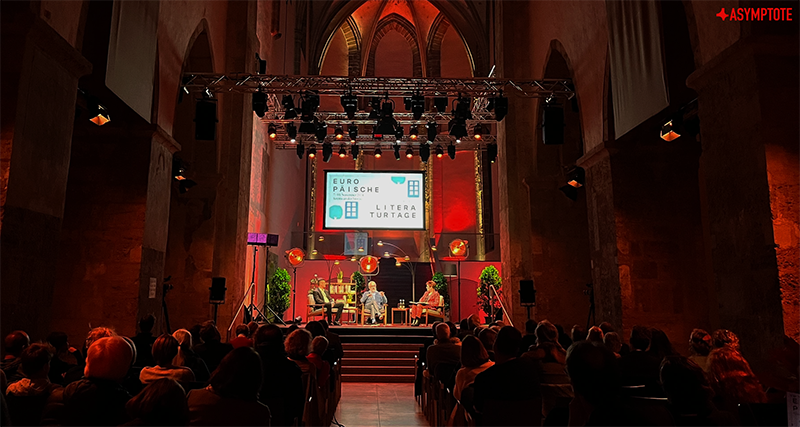This week, our editors bring news of publications with big reputations, celebrations of nature writing in the Himalayas, and a new city joining the prestigious line-up of UNESCO Cities of Literature. Read on to find out more!
MARGENTO, Editor-at-Large, reporting from Spain
From November 5 through 11, the Romanian Language and Culture Center at the University of Granada, Spain hosted a series of events featuring the major voices and rising stars of contemporary Spanish poetry, some of whom included writers with Spanish-Romanian identities, connections, or collaborations. Amongst them, the prolific and multiply awarded Romanian-Spanish poet and painter Mariana Feride Moisoiu was given top-billing, and people crowded in for her reading-performance.
Feride Moisoiu is the founder of the international festival Mujer, Manantial de Vida (Woman, Source of Life), in addition to coordinating the festival Grito de Mujer (Woman’s Scream) in Villa del Prado, Madrid, which focuses on women’s voices, empowerment, and gender equality. She serves as the executive director of the literary magazine Krytón (also published in Villa del Prado), while also being the honorary president of the Casa Nacional de Rumanía (Romanian House/Institute) in Getafe. The event in Granada presented an opportunity for Feride Moiosiu to launch the latest issue of Krytón, coedited with poet Cristian Mihail Deac, which pays tribute to the journal’s founder, Cornel Drinovan. During her reading, the poet moved the audience through a serene and relentless, indomitable cadence, one that placed lyric femininity at the heart of a multifaceted—political, sentimental, and cosmic—vision. READ MORE…





